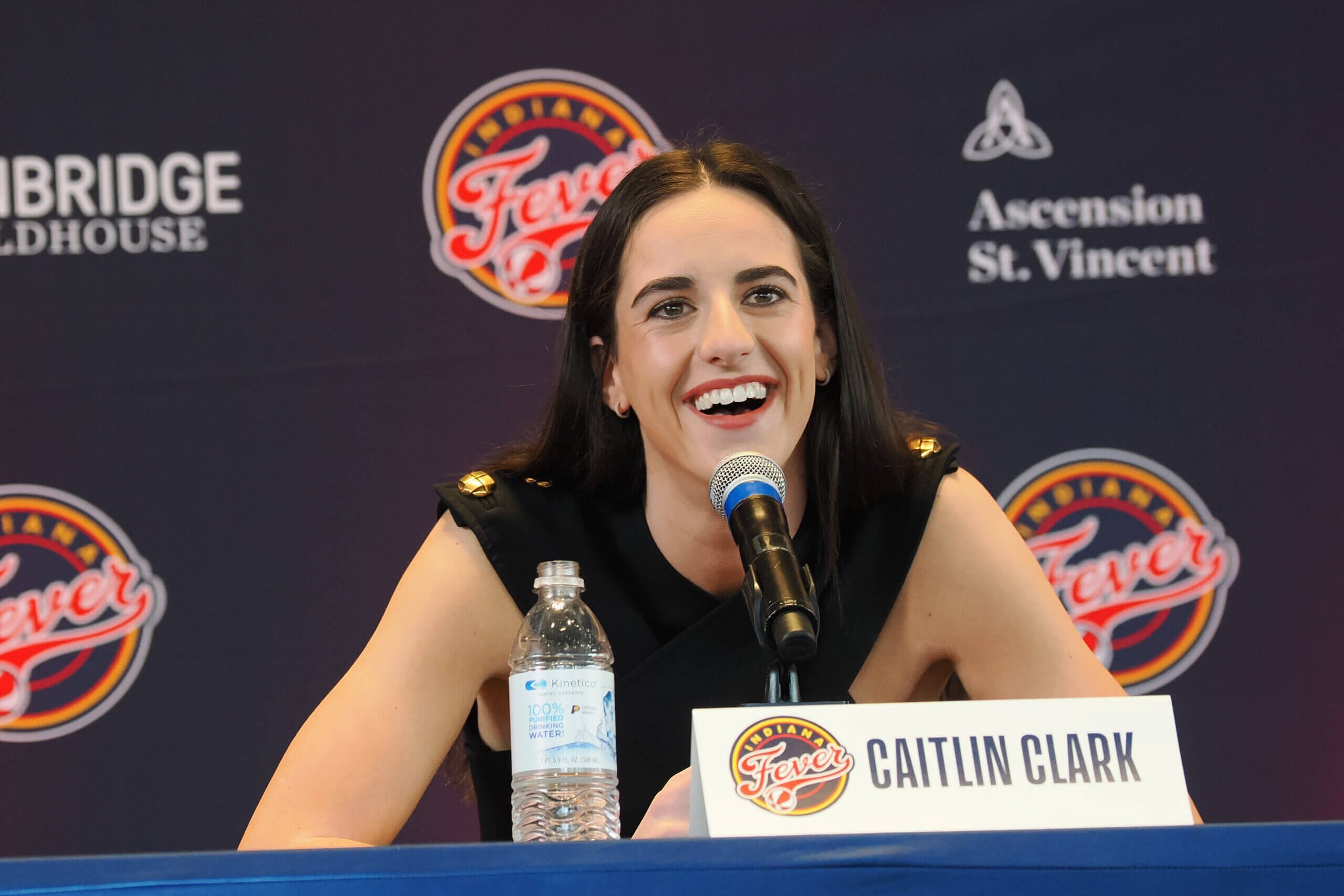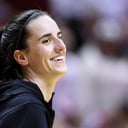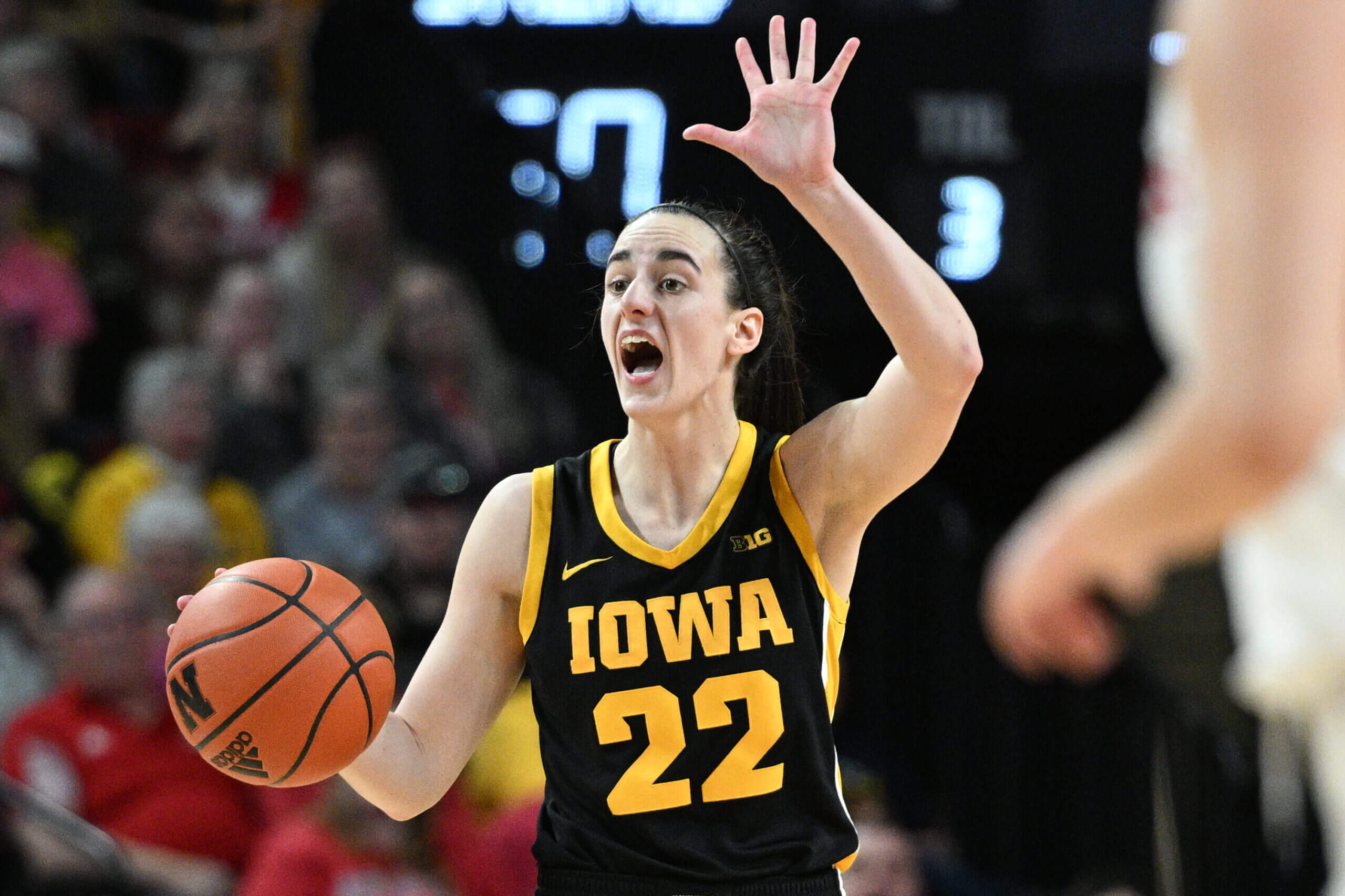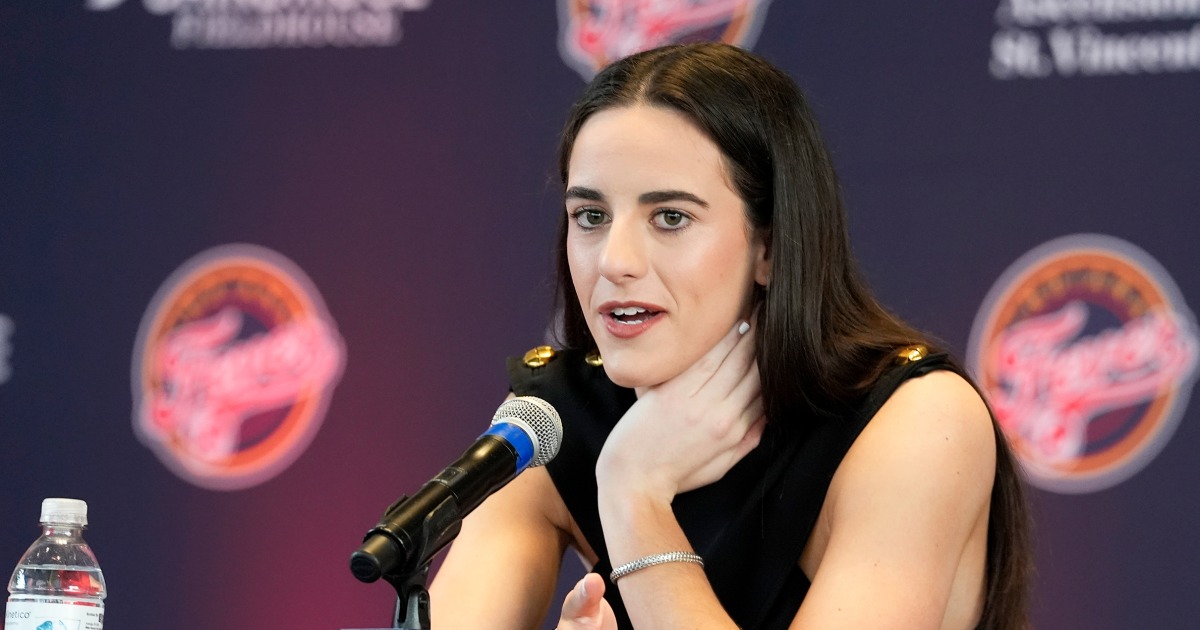Colleges
- American Athletic
- Atlantic Coast
- Big 12
- Big East
- Big Ten
- Colonial
- Conference USA
- Independents (FBS)
- Junior College
- Mountain West
- Northeast
- Pac-12
- Patriot League
- Pioneer League
- Southeastern
- Sun Belt
- Army
- Charlotte
- East Carolina
- Florida Atlantic
- Memphis
- Navy
- North Texas
- Rice
- South Florida
- Temple
- Tulane
- Tulsa
- UAB
- UTSA
- Boston College
- California
- Clemson
- Duke
- Florida State
- Georgia Tech
- Louisville
- Miami (FL)
- North Carolina
- North Carolina State
- Pittsburgh
- Southern Methodist
- Stanford
- Syracuse
- Virginia
- Virginia Tech
- Wake Forest
- Arizona
- Arizona State
- Baylor
- Brigham Young
- Cincinnati
- Colorado
- Houston
- Iowa State
- Kansas
- Kansas State
- Oklahoma State
- TCU
- Texas Tech
- UCF
- Utah
- West Virginia
- Illinois
- Indiana
- Iowa
- Maryland
- Michigan
- Michigan State
- Minnesota
- Nebraska
- Northwestern
- Ohio State
- Oregon
- Penn State
- Purdue
- Rutgers
- UCLA
- USC
- Washington
- Wisconsin
High Schools
- Illinois HS Sports
- Indiana HS Sports
- Iowa HS Sports
- Kansas HS Sports
- Michigan HS Sports
- Minnesota HS Sports
- Missouri HS Sports
- Nebraska HS Sports
- Oklahoma HS Sports
- Texas HS Hoops
- Texas HS Sports
- Wisconsin HS Sports
- Cincinnati HS Sports
- Delaware
- Maryland HS Sports
- New Jersey HS Hoops
- New Jersey HS Sports
- NYC HS Hoops
- Ohio HS Sports
- Pennsylvania HS Sports
- Virginia HS Sports
- West Virginia HS Sports
ADVERTISEMENT
You are using an out of date browser. It may not display this or other websites correctly.
You should upgrade or use an alternative browser.
You should upgrade or use an alternative browser.
Filters
Show only:
Caitlin Clark and Nike Are Said to Be Close to Eight-Figure Endorsement Deal
- By cigaretteman
- Off Topic
- 0 Replies
Indiana Fever rookie phenom Caitlin Clark — the No. 1 pick in Monday’s WNBA Draft — is nearing a lucrative, eight-figure endorsement deal with Nike, industry sources told The Athletic.
Clark is expected to receive a signature Nike shoe as well, those sources said. Under Armour and Adidas also made sizable offers to Clark, two industry sources said.
Advertisement
Clark’s previous deal with Nike ended after the conclusion of the recently finished college basketball season, which allowed her to hit the market at the peak of her popularity. Clark was a supernova at the University of Iowa, breaking records and bringing new fans to college basketball. The women’s NCAA Tournament set viewership records with every game in which Iowa played, culminating in 18.9 million viewers for the Hawkeyes’ national title game loss to South Carolina.
Interest in the WNBA Draft was at an all-time high, and it also set viewership records, with more than four times as many viewers for this year’s draft (2.4 million) compared to last year, blowing away the previous record for the most-watched WNBA draft, set in 2004.
Clark was expected to land one of the most lucrative sneaker deals in the WNBA as sponsors have flocked to her in recent months and showed their desire to be in the Caitlin Clark business. She already has endorsement deals with Gatorade, State Farm and Panini.
Golden State’s Stephen Curry — who launched Curry Brand as a signature, standalone venture with Under Armour — participated in the companies‘ meeting with Clark, industry sources said. Curry Brand signed Kings star De’Aaron Fox as its first NBA athlete late last year, and inked University of South Carolina guard MiLaysia Fulwiley to a multiyear NIL deal, making her the first college athlete to partner directly with the company.
The last week showed just how in-demand and mainstream Clark has become. She made a guest appearance on “Saturday Night Live.” Then, WNBA Draft ratings spiked. Fanatics said her jersey was the top seller for any draft pick on draft night in the company’s history. Ticket interest has also continued to surge.
At her post-draft news conference, Clark said turning pro hasn’t had a significant impact on how she is conducting any off-court business.
Advertisement
“If I’m being completely honest, I feel like it doesn’t change a ton from how I lived my life over the course of the last year,” she said. “Sponsorships stay the same. The people around me, agents and whatnot, have been able to help me and guide me through the course of the last year. I don’t know if I would be in this moment if it wasn’t for a lot of them.”

 theathletic.com
theathletic.com
Clark is expected to receive a signature Nike shoe as well, those sources said. Under Armour and Adidas also made sizable offers to Clark, two industry sources said.
Advertisement
Clark’s previous deal with Nike ended after the conclusion of the recently finished college basketball season, which allowed her to hit the market at the peak of her popularity. Clark was a supernova at the University of Iowa, breaking records and bringing new fans to college basketball. The women’s NCAA Tournament set viewership records with every game in which Iowa played, culminating in 18.9 million viewers for the Hawkeyes’ national title game loss to South Carolina.
Interest in the WNBA Draft was at an all-time high, and it also set viewership records, with more than four times as many viewers for this year’s draft (2.4 million) compared to last year, blowing away the previous record for the most-watched WNBA draft, set in 2004.
Clark was expected to land one of the most lucrative sneaker deals in the WNBA as sponsors have flocked to her in recent months and showed their desire to be in the Caitlin Clark business. She already has endorsement deals with Gatorade, State Farm and Panini.
Golden State’s Stephen Curry — who launched Curry Brand as a signature, standalone venture with Under Armour — participated in the companies‘ meeting with Clark, industry sources said. Curry Brand signed Kings star De’Aaron Fox as its first NBA athlete late last year, and inked University of South Carolina guard MiLaysia Fulwiley to a multiyear NIL deal, making her the first college athlete to partner directly with the company.
The last week showed just how in-demand and mainstream Clark has become. She made a guest appearance on “Saturday Night Live.” Then, WNBA Draft ratings spiked. Fanatics said her jersey was the top seller for any draft pick on draft night in the company’s history. Ticket interest has also continued to surge.
At her post-draft news conference, Clark said turning pro hasn’t had a significant impact on how she is conducting any off-court business.
Advertisement
“If I’m being completely honest, I feel like it doesn’t change a ton from how I lived my life over the course of the last year,” she said. “Sponsorships stay the same. The people around me, agents and whatnot, have been able to help me and guide me through the course of the last year. I don’t know if I would be in this moment if it wasn’t for a lot of them.”

Caitlin Clark nearing endorsement deal with Nike
The No. 1 pick in Monday's WNBA Draft is expected to receive a signature shoe as well.
57KG Olympic Trials!!! WOW
- By IRONBIRD
- Iowa Wrestling
- 154 Replies
They posted
Vito Arujau( bye to semis)
SPENCER LEE
Zane Richards
Thomas Gilman
Daton Fix
Nico Megaludis
Liam Cronin
Daniel Deshazer
Luke Lilledahl
Nick Suriano
Marcus Blaze
Jax Forrest
Man this is pretty loaded. Not 100% how or if they seed this? Like to see LEE Tech his way through! I think Vito is the biggest obstacle in his path!
Vito Arujau( bye to semis)
SPENCER LEE
Zane Richards
Thomas Gilman
Daton Fix
Nico Megaludis
Liam Cronin
Daniel Deshazer
Luke Lilledahl
Nick Suriano
Marcus Blaze
Jax Forrest
Man this is pretty loaded. Not 100% how or if they seed this? Like to see LEE Tech his way through! I think Vito is the biggest obstacle in his path!
Apparently Lots of Folks Find Murder by Open Borders as just spam
- By Here_4_a_Day
- Off Topic
- 0 Replies
There are many articles about the murder, but none discuss the fact he has an immigration detainer hold.
Login to view embedded media
Login to view embedded media
Just wasting our money again
- Off Topic
- 52 Replies

Gov. Reynolds issues disaster proclamation for six counties following severe weather
Gov. Kim Reynolds signed a disaster emergency proclamation on, opening six counties to disaster relief aid.
She really is the worst.
Gulfstream’s New G700 Is Set to Become the World’s Biggest Private Jet
already put in my order, anyone else getting 1 or 2?
Login to view embedded media
Login to view embedded media
Login to view embedded media
Login to view embedded media
What an idiot!
- By Derekd3408
- Off Topic
- 3 Replies
Threw away a 2MM salary for 25k in gambling winnings. I'm guessing he was getting some cash on the back end from the people he tipped off, but damn. This goes down as all time stupid.

 apnews.com
apnews.com
NBA bans Jontay Porter after gambling probe shows he shared information, bet on games
The NBA has banned Toronto player Jontay Porter after a league probe found he disclosed confidential information to sports bettors and bet on games.
Gov Reynolds attacks on public education working: Linn-Mar to lose 50 staff members in budget cuts. UPDATE: CR also losing staff.
- Off Topic
- 266 Replies

Linn-Mar confirms 50 staff positions being cut next year
On Thursday, the Linn-Mar School District confirmed that 50 full-time staff positions in the district would be cut for the 2024/2025 school year.
Travel nurse pay caps
- Off Topic
- 106 Replies
I did a search and couldn’t find anything on this. This bill which passed the Iowa House would cap pay for nurse travelers in the state. If you’re not familiar these are nurses which come in on a temp contract to fill in at a hospital.
First of all I’m disappointed in Iowa Democrats who voted for this. Way to sell out to suppress the wages of workers. Second, for Republicans, what happened to free market economics? Wage caps? Really? Nurses will absolutely not travel here and nursing shortages will worsen. This will absolutely backfire.
 www2.staffingindustry.com
www2.staffingindustry.com
First of all I’m disappointed in Iowa Democrats who voted for this. Way to sell out to suppress the wages of workers. Second, for Republicans, what happened to free market economics? Wage caps? Really? Nurses will absolutely not travel here and nursing shortages will worsen. This will absolutely backfire.
Iowa House backs travel nurse pay cap amid concerns
The Iowa House of Representatives voted to set pay limits for temporary nursing staff working in Iowa hospitals and nursing homes, Radio Iowa reported.
What can Caitlin Clark make as a WNBA rookie?
- By cigaretteman
- Off Topic
- 54 Replies
Caitlin Clark ended the debate of whether she would declare for the WNBA Draft when she announced Thursday she will forgo a potential fifth year at Iowa and turn professional following her senior season.
A question that remains is what Clark’s decision means for her financially. In the new college basketball landscape, where athletes are allowed to profit off their name, image and likeness, Clark doesn’t have to go pro to make money. She isn’t part of Iowa’s collective, so she’s not taking money from the school’s boosters. But she’s already earning off her endorsements with major brands, and she’ll have additional opportunities to capitalize once she becomes a professional.

GO DEEPER
Caitlin Clark declares for 2024 WNBA Draft
Advertisement
If Clark, 22, decides to play overseas, that contract would become another source of income. The Athletic reported during the 2022-23 offseason that a handful of players made upwards of half a million dollars internationally during that time. With China reopening its leagues to American players this offseason, that increases the amount of high-value contracts available.
Teams also can provide players time-off bonuses of up to $50,000 to limit the amount of time they spend playing overseas.
As the CEO of Iowa’s primary NIL collective told The Wall Street Journal, Clark doesn’t take money from the school’s boosters. She may have local endorsements who are only interested in Iowa athletes, but she’ll likely compensate for those with companies in Indiana who want to be in the Caitlin Clark business once she plays for the Fever. The geographic proximity of her new team likely works in her favor. For example, one of Clark’s first partnerships has been with Hy-Vee — she has her own cereal called Crunch Time; but the Midwest-based grocery chain is set to expand to Indiana, keeping Clark in its zone.
Advertisement
Recent WNBA draftees, including 2023 rookie Haley Jones, have spoken about retaining their collegiate endorsements once they entered the league. Jones said that she’s added to her portfolio since joining the Atlanta Dream.
There are obvious benefits to staying in college for one more year, but whether she wins a national title for Iowa or not, Clark is the best player in the school’s history and has taken the program to incredible heights. Her legacy as a collegian is secure. It’s time to move on.

 theathletic.com
theathletic.com
A question that remains is what Clark’s decision means for her financially. In the new college basketball landscape, where athletes are allowed to profit off their name, image and likeness, Clark doesn’t have to go pro to make money. She isn’t part of Iowa’s collective, so she’s not taking money from the school’s boosters. But she’s already earning off her endorsements with major brands, and she’ll have additional opportunities to capitalize once she becomes a professional.

GO DEEPER
Caitlin Clark declares for 2024 WNBA Draft
What will Clark’s salary be as a rookie?
The base salary for a rookie selected in the lottery — spoiler, that’s where Clark will be picked as the No. 1 selection — is $78,006 in her first season. On top of that, the Rookie of the Year award winner receives a bonus of $5,150, All-Stars make $2,575, and there are additional incentives for the 3-point contest champion and playoff participants, all of which are possibilities for Clark in her first year.Advertisement
If Clark, 22, decides to play overseas, that contract would become another source of income. The Athletic reported during the 2022-23 offseason that a handful of players made upwards of half a million dollars internationally during that time. With China reopening its leagues to American players this offseason, that increases the amount of high-value contracts available.
Are there other opportunities for compensation?
It’s likely that a player with her national profile (similar to her presumed future Indiana Fever teammate Aliyah Boston) would choose to stay stateside, especially after playing 12 months consecutively by the end of her rookie year. In that event, Clark also will be able to enter marketing agreements in the WNBA, both with her team and the league as a whole. Individual franchises have up to $100,000 at their disposal for players who represent the team locally during the offseason, and the league spends at least $1 million on marketing deals annually, though players are capped at $250,000 each.Teams also can provide players time-off bonuses of up to $50,000 to limit the amount of time they spend playing overseas.
What happens to Clark’s NIL deals?
Clark already has partnerships with national brands including State Farm, Nike and Gatorade. Those deals will follow her to the WNBA. It’s worth noting that Nike is one of the league’s Changemakers, and State Farm sponsors the WNBA Draft.As the CEO of Iowa’s primary NIL collective told The Wall Street Journal, Clark doesn’t take money from the school’s boosters. She may have local endorsements who are only interested in Iowa athletes, but she’ll likely compensate for those with companies in Indiana who want to be in the Caitlin Clark business once she plays for the Fever. The geographic proximity of her new team likely works in her favor. For example, one of Clark’s first partnerships has been with Hy-Vee — she has her own cereal called Crunch Time; but the Midwest-based grocery chain is set to expand to Indiana, keeping Clark in its zone.
Advertisement
Recent WNBA draftees, including 2023 rookie Haley Jones, have spoken about retaining their collegiate endorsements once they entered the league. Jones said that she’s added to her portfolio since joining the Atlanta Dream.
Why did Clark choose to go pro?
Clark has already set the NCAA Division I and major conference women’s scoring records, and she is within striking distance of passing former LSU great Pete Maravich’s total that set the scoring record in men’s college basketball. She is a three-time All-American, the reigning national player of the year, and has led the country in points and assists in the same season, which she is on pace to do yet again. Clark doesn’t have anything left to learn by playing in college another season. She is ready to challenge herself against pros.There are obvious benefits to staying in college for one more year, but whether she wins a national title for Iowa or not, Clark is the best player in the school’s history and has taken the program to incredible heights. Her legacy as a collegian is secure. It’s time to move on.

What can Caitlin Clark make as a WNBA rookie? Explaining financials of NIL and the pros
What will happen to Clark's NIL deals in the WNBA? What other ways can she make money as a pro?
Caitlin in line for 8-figure Nike deal, signature shoe
- By Eliot Clough
- The Press Box
- 2 Replies
Per Shams Charania. Talk about changing the game.

 theathletic.com
Login to view embedded media
theathletic.com
Login to view embedded media

Caitlin Clark nearing endorsement deal with Nike
The No. 1 pick in Monday's WNBA Draft is expected to receive a signature shoe as well.
Federal grant boosts Orlando's "tree equity" program....
- Off Topic
- 39 Replies

Federal grant boosts Orlando’s Tree Equity program
City hopes $1 million grant can accelerate progress toward Orlando’s goal of 40% tree canopy coverage by 2040.
I can't even begin to discuss how stupid everything about this program is. Holy crap.
Some chicken farmer named Tyson gave the Arkansas BB program
- By Hawk68
- Iowa Men's Basketball
- 4 Replies
four million for recruiting purposes. (yes, I know who Tyson is)
Indianapolis columnist apologizes to Caitlin Clark over 'awkward' heart gesture
- Off Topic
- 2 Replies
Indianapolis Star sports columnist Gregg Doyel said "I was part of the problem" following the interaction with the Indiana Fever player.
An Indianapolis sports columnist has apologized for flashing a heart symbol with his hands, as well as for his subsequent comments, to new Indiana Fever player and college basketball star Caitlin Clark in what soon became an “awkward” interaction.
Indianapolis Star columnist Gregg Doyel at Clark’s introductory press conference with the WNBA team made the heart symbol while speaking to her, to which Clark responded, “You like that?” Doyel replied, “I like that you’re here.”
Clark, who broke the NCAA scoring record for both women and men while an Iowa Hawkeye, and was the No. 1 pick at Monday’s WNBA draft, said, “I do that at my family after every game, so, it’s pretty cool.”
“OK, well, start doing it to me and we’ll get along just fine,” Doyel replied, before asking a question about Clark’s decision to turn pro and enter the draft.
Doyel, in a column published online Wednesday night, apologized.
“I’m devastated to realize I’m part of the problem,” he wrote.
Doyel said that he is known for having awkward conversations with people before asking “brashly conversational questions.” He’d done so for years with Indianapolis Colts coaches, as well as with Purdue University and Indiana University players, Doyel wrote.
He called himself “another insensitive man,” and said he offended Clark and her family while trying to be “clever” and “welcoming.”
“After going through denial, and then anger — I’m on the wrong side of this? Me??? — I now realize what I said and how I said it was wrong, wrong, wrong. I mean it was just wrong,” Doyel wrote. “Caitlin Clark, I’m so sorry.”
NBC News could not immediately reach Clark or her representatives for comment late Wednesday night.
Clark, 22, last season at the University of Iowa broke the women’s NCAA all-time scoring record in February, and then broke the men’s record a month later. She ended with 3,951 career points.
With Clark playing, the women’s NCAA championship game between the Hawkeyes and the South Carolina Gamecocks drew more viewers than the men’s championship game for the first time.
Iowa lost to South Carolina for the title, but Clark was singled out by Gamecocks coach Dawn Staley for lifting up women’s basketball.
Clark has since made multiple high-profile media appearances, including on “TODAY” and “Saturday Night Live.” In another sign of fans’ excitement for her, Clark’s Indiana Fever jersey became the top-selling jersey ever for a draft pick.

 www.nbcnews.com
www.nbcnews.com
Creepy
An Indianapolis sports columnist has apologized for flashing a heart symbol with his hands, as well as for his subsequent comments, to new Indiana Fever player and college basketball star Caitlin Clark in what soon became an “awkward” interaction.
Indianapolis Star columnist Gregg Doyel at Clark’s introductory press conference with the WNBA team made the heart symbol while speaking to her, to which Clark responded, “You like that?” Doyel replied, “I like that you’re here.”
Clark, who broke the NCAA scoring record for both women and men while an Iowa Hawkeye, and was the No. 1 pick at Monday’s WNBA draft, said, “I do that at my family after every game, so, it’s pretty cool.”
“OK, well, start doing it to me and we’ll get along just fine,” Doyel replied, before asking a question about Clark’s decision to turn pro and enter the draft.
Doyel, in a column published online Wednesday night, apologized.
“I’m devastated to realize I’m part of the problem,” he wrote.
Doyel said that he is known for having awkward conversations with people before asking “brashly conversational questions.” He’d done so for years with Indianapolis Colts coaches, as well as with Purdue University and Indiana University players, Doyel wrote.
He called himself “another insensitive man,” and said he offended Clark and her family while trying to be “clever” and “welcoming.”
“After going through denial, and then anger — I’m on the wrong side of this? Me??? — I now realize what I said and how I said it was wrong, wrong, wrong. I mean it was just wrong,” Doyel wrote. “Caitlin Clark, I’m so sorry.”
NBC News could not immediately reach Clark or her representatives for comment late Wednesday night.
Clark, 22, last season at the University of Iowa broke the women’s NCAA all-time scoring record in February, and then broke the men’s record a month later. She ended with 3,951 career points.
With Clark playing, the women’s NCAA championship game between the Hawkeyes and the South Carolina Gamecocks drew more viewers than the men’s championship game for the first time.
Iowa lost to South Carolina for the title, but Clark was singled out by Gamecocks coach Dawn Staley for lifting up women’s basketball.
Clark has since made multiple high-profile media appearances, including on “TODAY” and “Saturday Night Live.” In another sign of fans’ excitement for her, Clark’s Indiana Fever jersey became the top-selling jersey ever for a draft pick.

Indianapolis columnist apologizes to Caitlin Clark over 'awkward' heart gesture
Indianapolis Star sports columnist Gregg Doyel said "I was part of the problem" after the interaction with the Indiana Fever player.
Creepy
NYPD Barnacle Windshield Boots
- Off Topic
- 0 Replies

No scraping this Barnacle: How NYPD's new car booting system works
The Barnacle uses 1,000 pounds of pressure to stick to a windshield, and comes with an alarm that will sound if someone tried to take it off. So unless they have a sunroof, there’s no way drivers are taking it off, or taking off with it.
 www.nbcnewyork.com
www.nbcnewyork.com
Login to view embedded media
-
Poll
Cryptocurrency or Artificial Intelligence - If You Could Only Have One...
- Off Topic
- 21 Replies
According to Science Friday, AI and Crypto both consume incredible amounts of energy and (I didn't know this) fresh water.
If we decided to clamp down on one of them to save that energy and water (and bring down the cost of graphics cards, of course), which one would you choose to keep?

 www.sciencefriday.com
www.sciencefriday.com
If we decided to clamp down on one of them to save that energy and water (and bring down the cost of graphics cards, of course), which one would you choose to keep?

Understanding And Curbing Generative AI’s Energy Consumption
As the environmental costs of tools like ChatGPT and DALL-E mount, governments are demanding more clarity from tech companies.
US economy is more ‘wobbly’ than it seems and Biden’s ‘lie’ isn’t helping
- Off Topic
- 3 Replies
Two experts expressed concerns about the stability of the US economy, despite signs of growth.
Steve Forbes noted that gold and commodity prices suggested dollar weakness, and that raising interest rates could depress the economy.
Kevin Hassett pointed out that strong retail sales in March were partly due to higher gas prices, meaning consumers had less to spend elsewhere, and called the economy “more wobbly” than the data suggests.
“The Fed’s got problems ahead,” he added, “and you don’t cure it by raising interest rates and depressing the economy.”
Both attributed high inflation to Biden administration policies, arguing it acts as a greater tax on low-income Americans who are paying higher prices and interest.
They claimed the White House lacked commitment to the economy and accused officials of lying about inflation for political goals rather than addressing its economic impacts.
“One of the reasons why retail sales were so strong is that there were really blockbuster sales at gas stations,” said Hassett, ex-Council of Economic Advisors Chair and Trump administration senior advisor. “The AAA average price in the U.S. went from $3.30 last month to $3.60 this month, and that’s money that people aren’t going to have to spend on other things. And so I think that the economy is more wobbly than these data suggests.”
“Inflation is a tax. And who gets hurt the most? We know who they are: tens of millions of people living paycheck to paycheck and up to their eyeballs in credit card debt, interest rates going up. We’ve discussed here before, what’s the real rate of inflation? It’s not 3%, it’s 7% when you cut interest payments, you have to pay that interest every month,” Forbes said.
“So Joe Biden’s taxing the people who have the least. Yet he’s babbling on about getting to the rich,” the CEO added. “All this… is not about revenue. This is about control. It’s not about growth, it’s about controlling people’s lives.”
“Your job is to help run the economy and have smart policies. And if you want more progressive taxation, then you could talk about how to do that without harming the economy, but to just lie about it the way they do over and over, it really is infuriating,” Hassett said.
Steve Forbes noted that gold and commodity prices suggested dollar weakness, and that raising interest rates could depress the economy.
Kevin Hassett pointed out that strong retail sales in March were partly due to higher gas prices, meaning consumers had less to spend elsewhere, and called the economy “more wobbly” than the data suggests.
“The Fed’s got problems ahead,” he added, “and you don’t cure it by raising interest rates and depressing the economy.”
Both attributed high inflation to Biden administration policies, arguing it acts as a greater tax on low-income Americans who are paying higher prices and interest.
They claimed the White House lacked commitment to the economy and accused officials of lying about inflation for political goals rather than addressing its economic impacts.
“One of the reasons why retail sales were so strong is that there were really blockbuster sales at gas stations,” said Hassett, ex-Council of Economic Advisors Chair and Trump administration senior advisor. “The AAA average price in the U.S. went from $3.30 last month to $3.60 this month, and that’s money that people aren’t going to have to spend on other things. And so I think that the economy is more wobbly than these data suggests.”
“Inflation is a tax. And who gets hurt the most? We know who they are: tens of millions of people living paycheck to paycheck and up to their eyeballs in credit card debt, interest rates going up. We’ve discussed here before, what’s the real rate of inflation? It’s not 3%, it’s 7% when you cut interest payments, you have to pay that interest every month,” Forbes said.
“So Joe Biden’s taxing the people who have the least. Yet he’s babbling on about getting to the rich,” the CEO added. “All this… is not about revenue. This is about control. It’s not about growth, it’s about controlling people’s lives.”
“Your job is to help run the economy and have smart policies. And if you want more progressive taxation, then you could talk about how to do that without harming the economy, but to just lie about it the way they do over and over, it really is infuriating,” Hassett said.
Aaron Rodgers VP
- By ClarindaA's
- Off Topic
- 52 Replies
Did I miss the discussion of RFK Jr reaching out to Aaron and Jesse the Body?
Iowa wrestling clubs?
- By Hawkgma
- Iowa Wrestling
- 21 Replies
1. What are the best wrestling clubs in Iowa? (eastern Iowa would be the best).
2. Whats the most important part of starting wrestling as a young kid?
Sorry if this is the wrong board for this.
2. Whats the most important part of starting wrestling as a young kid?
Sorry if this is the wrong board for this.
Load more
ADVERTISEMENT
Filter
ADVERTISEMENT
